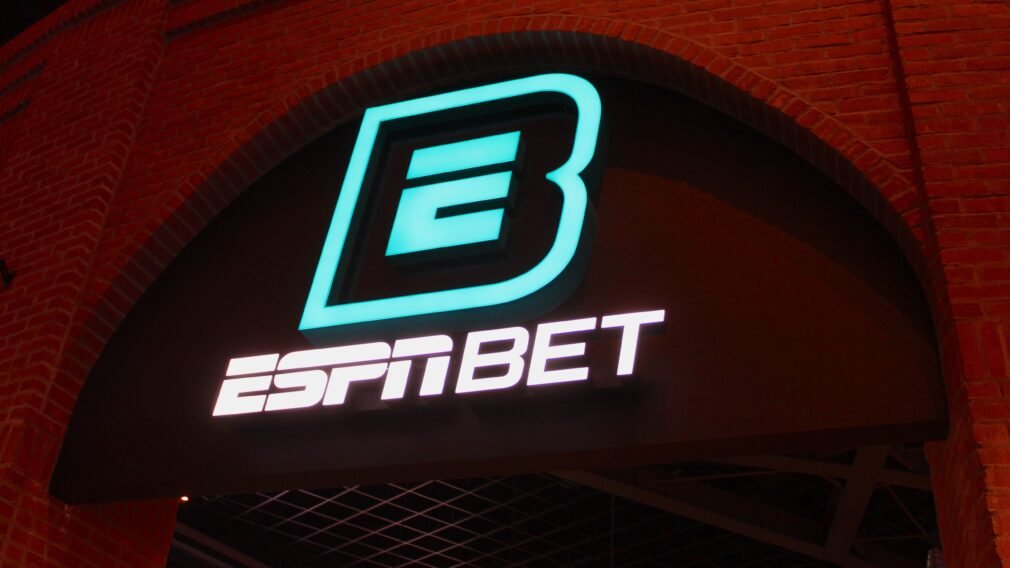Wharton MBA Students Urge End to ESPN Bet Partnership by 2026
Wharton School MBA students have taken a hard look at the $2 billion, 10-year deal between ESPN and Penn Entertainment for ESPN Bet, and they’re not sold on its future, per a LinkedIn post by entrepreneur Rob DiGisi.

A Tough Call on ESPN Bet
Despite a big launch in 2023, ESPN Bet holds a measly 2.35% of the $26.8 billion U.S. sports betting market, while FanDuel and DraftKings dominate with over 70%. Penn’s digital unit, including ESPN Bet, posted a $109.8 million loss in Q4 2024 alone.
The students recommend pulling the plug by 2026, rebranding under Penn’s name, and redirecting funds to tech and innovation.
The analysis sees some bright spots. ESPN’s upcoming direct-to-consumer streaming platform, set for 2025, could boost betting integration.
The ESPN brand carries solid trust, and a unified ecosystem blending bets, fantasy sports, live video, and tailored content might draw fans.
But with Penn’s $1.6 billion handle trailing BetMGM’s $2.5 billion in key states, the partnership’s struggling to compete.
Why the Skepticism?
The students point to Penn’s shaky track record in betting operations, like its $551 million Barstool Sports flop, sold back for $1. ESPN Bet lacks standout features to differentiate it from FanDuel’s slick app or DraftKings’ deep markets.
Plus, ESPN risks its top-tier brand by tying it to a lagging sportsbook, especially as Penn pays $150 million yearly in licensing fees. These fees tempt ESPN amid its shift from linear TV to streaming, but the students see long-term trouble.
Penn’s stock, down 32.69% since the 2023 deal, faces pressure from activist investors like HG Vora, pushing for board seats over “reckless spending.” The students argue that the next 18 to 36 months, especially integrating with ESPN’s streaming platform, will make or break the deal.
The recommendation is clear: end the partnership by 2026, rebrand ESPN Bet under Penn’s Hollywood Casino or another name, and reinvest that $150 million annual fee.
Recommended
